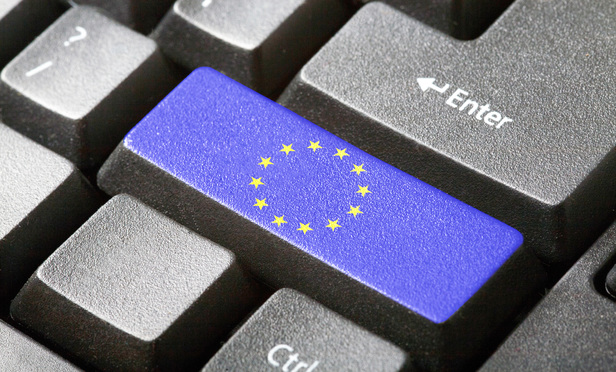In April 2016, the European Union (EU) adopted a major overhaul of its data privacy laws to better address new technologies and provide a more coherent approach across different EU Member States. The new law, known as the General Data Protection Regulation (EU) 2016/679 (GDPR) takes effect on May 24, 2018. It will replace the patchwork of national laws created under the old Directive 95/46/EC with a more unified law directly binding each Member State and threatening significant fines amounting to 4 percent of a company’s global turnover for non-compliance.
Significantly, the GDPR includes new provisions addressing litigation-related international data transfers. These new provisions create both new perils and opportunities when personal data must be transferred from the EU to the United States for use in discovery.



